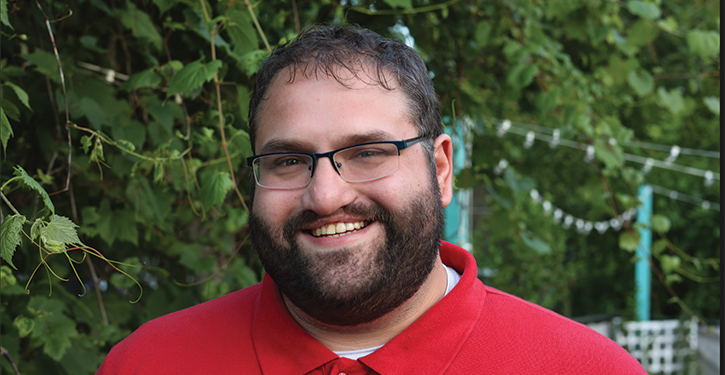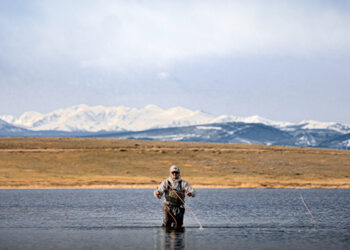This issue John Price, the Esports manager at the Ohio State University, shares advice on leadership in esports.
Can you share a brief background of how you got to where you are today?
JP: Between going to baseball, basketball and wrestling practice, I grew up with video games always going on in the background. Esports had always been a passing interest, but it was in the mid-2010s that an opportunity came to get involved. While at the University of Kansas for graduate school, I joined a start-up esports professional team, Tempo Storm, where I served as a web administrator and content manager for nearly four years. After finishing my studies, I worked as an assistant professor of Communications at Henderson State University. There, I founded Arkansas’s first collegiate esports program, which I oversaw from 2018 to 2022.
What are your top three tips when it comes to managing the esports arena in Lincoln Tower?
JP: Carefully monitor how much time your players and staff are putting into the activity. Burn out is a constant danger in esports. Have a proactive relationship with the department — and its support teams — that your program is housed in. Seek out opportunities to work with other campus departments whenever possible. Create a space that has something for all experience levels, from esports competitors to someone who has never held a controller. Esports is for everyone.
How have you noticed your role as a leader in an esports program has evolved since you started?
JP: My day-to-day involves a lot less esports/gaming than most people assume. In many ways, the role is a mix between a program planner, a traditional facilities manager, a coach and a project manager. The most significant difference from similar roles is blending competitive teams with community programming while connecting what happens in the arena to the campus at large
What advice/insight would you give to other esports managers/directors?
JP: One of the most exciting aspects of esports is the abundance of passion and drive that gamers have for esports. Channeling that energy into your program and maintaining it is a tricky aspect of this position. Be sure to involve as much of your campus community as possible. Have ways for players of all skill levels to be part of your program.










